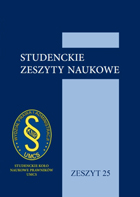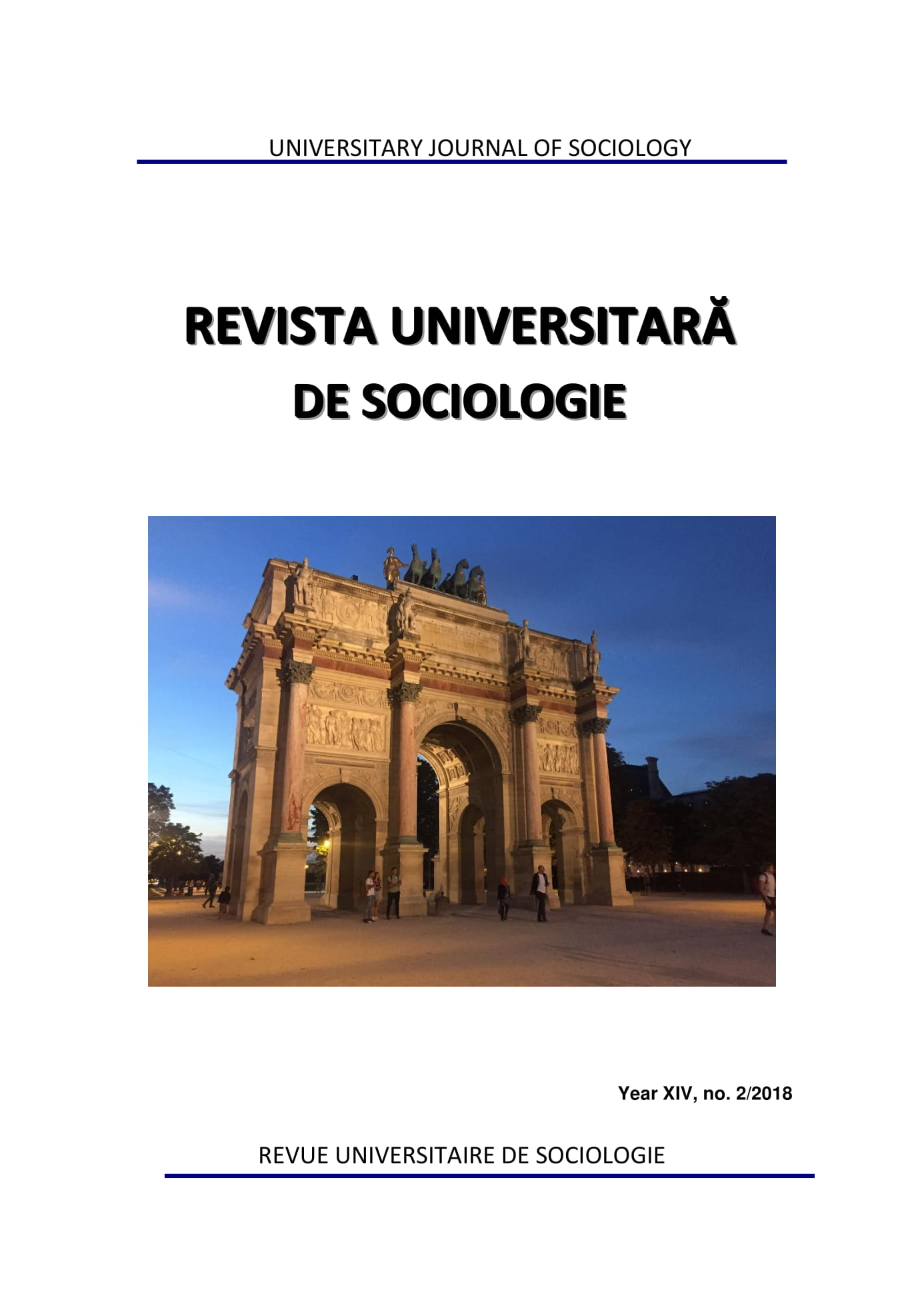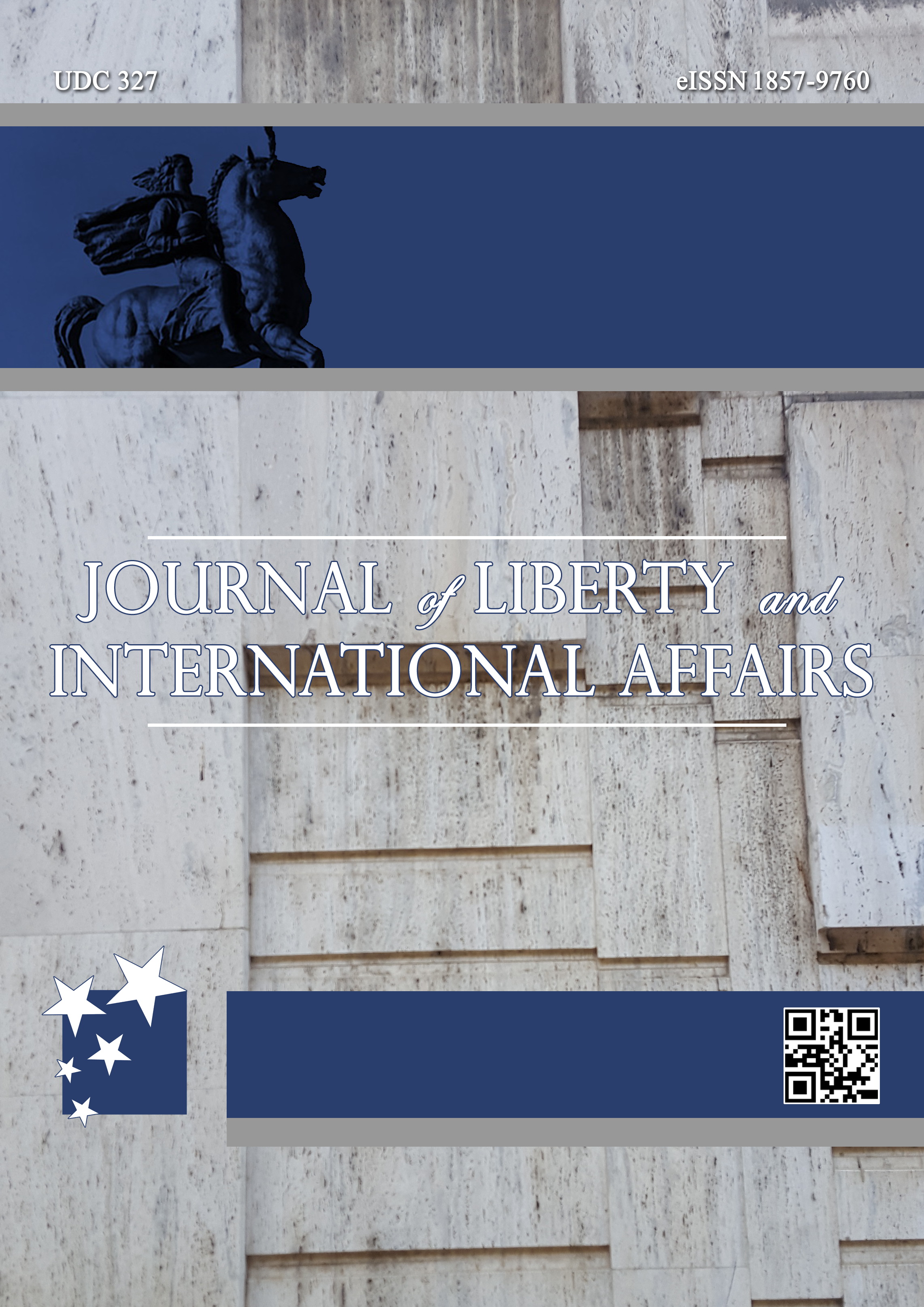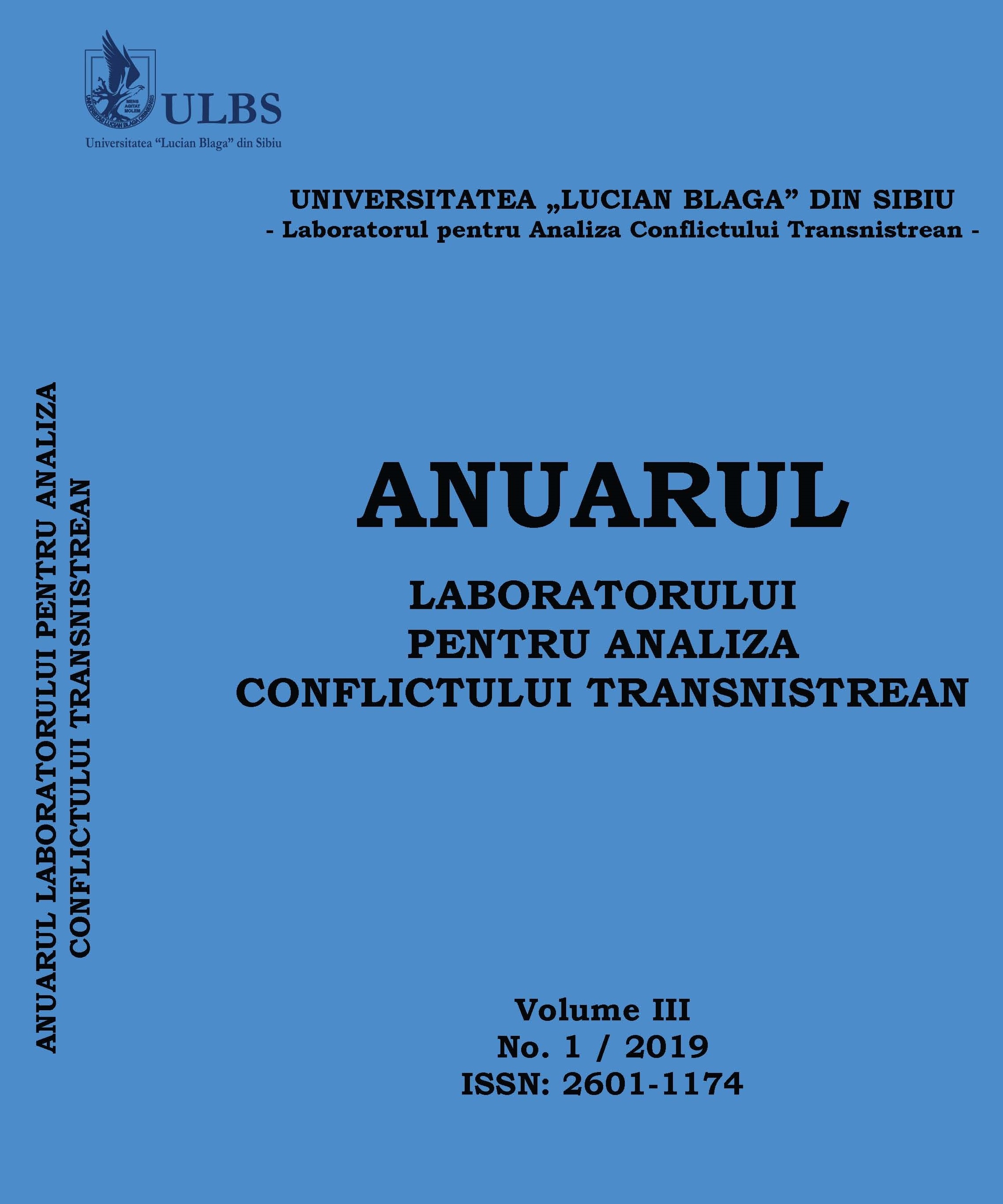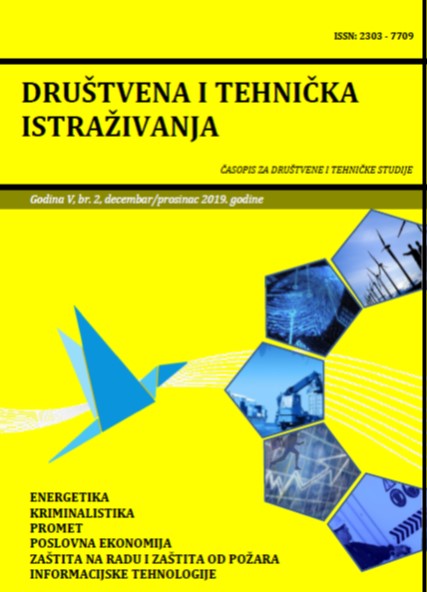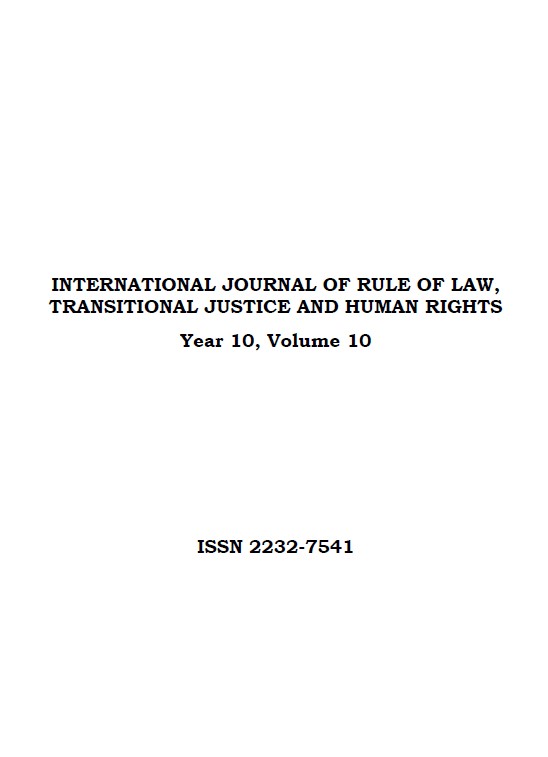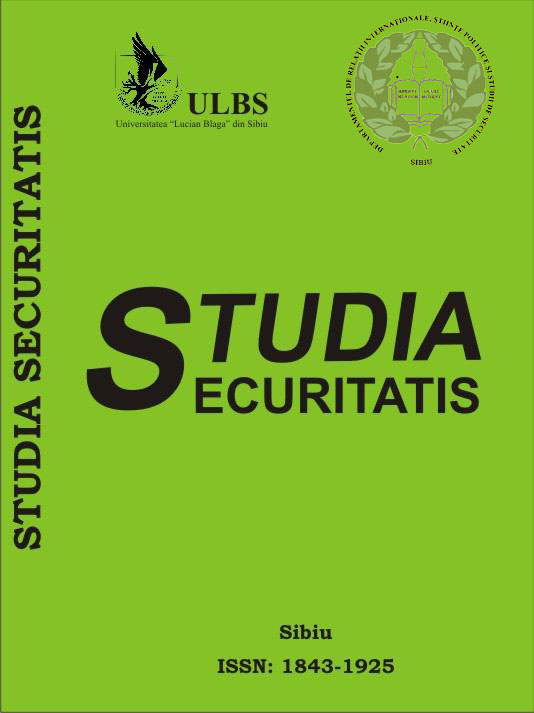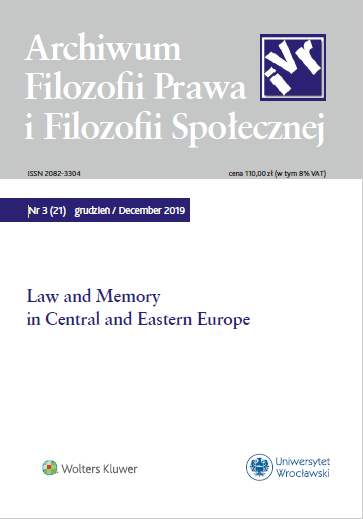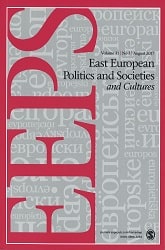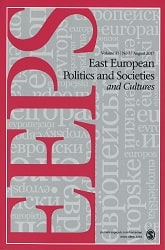ИСКИ О ПРИЗНАНИИ В СУДЕБНОЙ ПРАКТИКЕ ПО ЖИЛИЩНЫМ ДЕЛАМ: КРИТИЧЕСКИЙ ВЗГЛЯД С ПОЗИЦИИ ЦИВИЛИСТИЧЕСКОЙ ДОКТРИНЫ
The Housing Code of the Russian Federation stipulates ways of protection, which are different from those in the Civil Code of the Russian Federation, thereby requiring careful analysis of the characteristics of methods used to protect the housing rights. The paper assesses the claims for recognition in the judicial practice on housing cases. The recognition objects of housing claims are various legal phenomena designated by such polysemantic term as “right”: subjective rights, entitlement of subjective rights, secondary rights. The problem concerning definition of the recognition objects is solved. In particular, the correlation between claims for recognition of ownership of the place of residence and for recognition of the right to use the place of residence is considered. The conclusion is made about the necessity of refusal of claims for recognition of the right of use, because it is the only subjective element of the housing rights. Similar conclusions are formulated regarding the right to moving into the place of residence and the right to privatization, which are the elements of legal powers to use the place of residence and do not require separate recognition. The current practice of forcing citizens to appeal to the court for recognition of the right of a member of the owner’s family is criticized, since the judicial recognition of this right is not stipulated in the housing legislation. In the light of the civil legislation reform, the question is raised about the relationship between the claims for recognition of the housing rights and the claims for recognition of the rights of obligation. It is concluded that the features of the proprietary rights determine the features of the claims for recognition of the proprietary rights, but not the fact that this method of protection (after changes to the Russian Civil Code) would apply solely to corporeal rights.
More...
